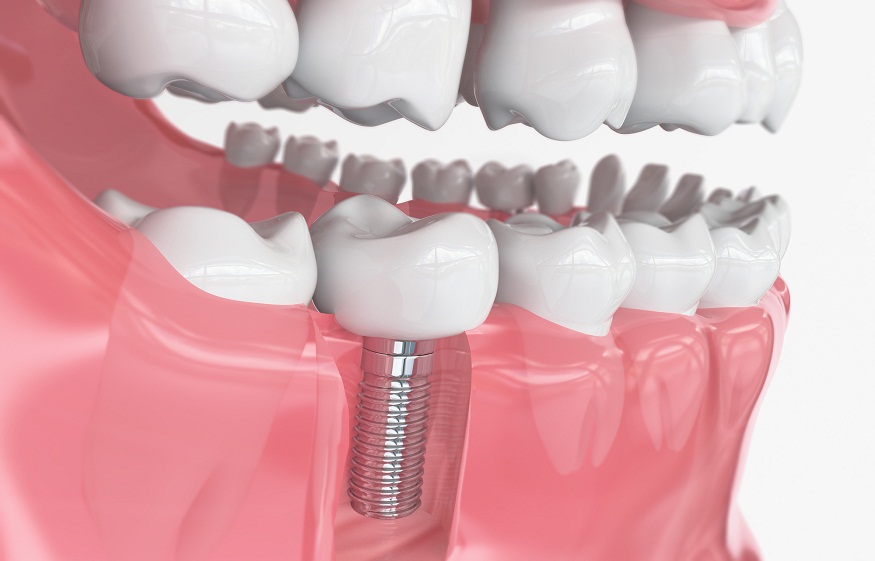
Tooth human implant. Dental concept. Human teeth or dentures. 3d rendering
Dental implants are a popular option for replacing missing teeth. One question many people have is whether dental implants can cause cavities, like natural teeth. The answer is no; implants do not get cavities. However, the areas around them, like the gums and neighboring teeth, still need attention and care.
Dental implants are made of titanium and are surgically placed into the jawbone. Since the implant does not have living tissue or enamel, it is impossible for one to get cavities there. However, the gums around the implant can still get infections like peri-implantitis. That being said, the teeth next to the implant can also get cavities.
The bottom line is that it is important to maintain good oral hygiene. Regular dental visits are important for anyone with implants. Your implant dentist in Walnut Creek will check not just the implant itself but also the surrounding gums and remaining natural teeth. If you have dental implants or are thinking about getting them, talk to your dentist today.
Why dental implants can not cause cavities?
Dental implants cannot get cavities because they are made of non-cariogenic materials, such as titanium or zirconia, which do not decay. Cavities are formed when bacteria in your mouth produce harmful acids that attack your enamel, which is the outermost layer of your teeth.
Dental implants do not undergo this decay process as they lack enamel. However, do not think that bacteria and plaque will not accumulate in your mouth. Only the implant material is resistant to decay. The bacteria can accumulate on your implants and lead to gum disease.
What can still happen to implants?
While dental implants are made of strong materials and last long, they can still face issues like gum disease and peri-implantitis. Peri-implantitis is an inflammatory condition that affects your gums and bone around the implant. This issue is mainly caused by a lack of oral hygiene and can even lead to bone loss if not addressed timely.
Mechanical wear is another common issue that may happen to your implant. The implants can become loose or fractured over time due to constant chewing forces. Moreover, excessive force from grinding teeth can also increase the risk of mechanical failure. Therefore, make sure you take good care of your implants and clean them regularly to avoid any oral issues.
Maintaining your dental implants
1. Oral hygiene practices.
Dental implants are also like your natural teeth and need regular cleaning and maintenance to last long. Do not skip brushing, and use a soft-bristled toothbrush. Gently clean the area around the implants so that you do not cause any damage to your implants. Doctors highly recommend using an electric toothbrush to get better access to areas around the implant.
Flossing around implants can also be difficult due to the metal posts; however, it is important to remove plaque and debris between the implant and surrounding teeth. Moreover, you can use interdental brushes, which are specially designed to clean between teeth and around implants.
2. Regular dental check-ups.
Even if you maintain good oral hygiene at home, you just visit your dentist regularly to keep track of the health of your dental implants. Professional cleanings can help remove plaque and tartar that can build up over time and are difficult to remove alone.
Regular checkups also allow your dentist to find out any issue with your implants early, such as loosening, and address them before they become more serious.
3. Avoiding harmful habits.
Some habits can negatively impact the health of your implant and reduce their longevity. Grinding or clenching your teeth, especially at night, can put significant stress on implants and cause them to become loose or fracture.
Chewing hard food items such as ice, hard candies, or bones can cause damage to the implant or the crown placed on top of it. Therefore, it is best to avoid these foods to increase the longevity of your implants.
Don’t neglect your dental implants!
While implants cannot get cavities, there are still other ways they can get damaged, as well as in the surrounding areas. Practice oral hygiene and visit your dentist for regular check-ups!

 The Best Practices For Maintaining Healthy Gums In Willow brook
The Best Practices For Maintaining Healthy Gums In Willow brook  Transform Your Smile: Top Cosmetic Dentistry Treatments for Every Age
Transform Your Smile: Top Cosmetic Dentistry Treatments for Every Age 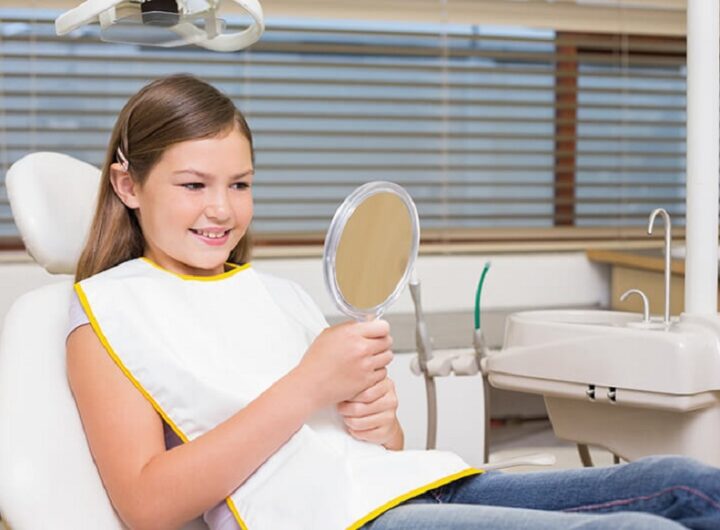 Choosing the Right Family Dentist: What to Look For
Choosing the Right Family Dentist: What to Look For 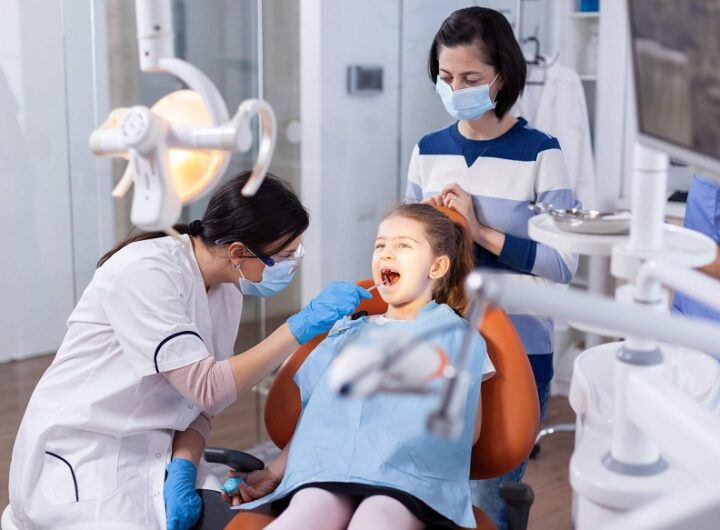 Choosing the Right Family Dentist: What to Look For
Choosing the Right Family Dentist: What to Look For 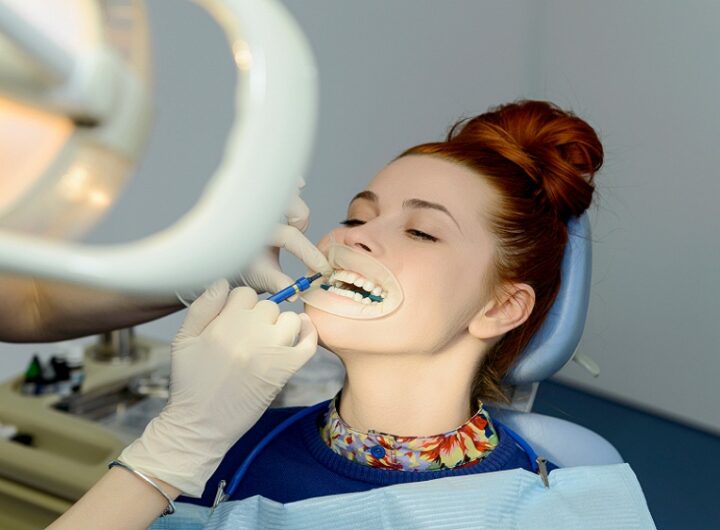 Understanding The Difference: When To See A Cosmetic Dentist Vs. An Orthodontist
Understanding The Difference: When To See A Cosmetic Dentist Vs. An Orthodontist 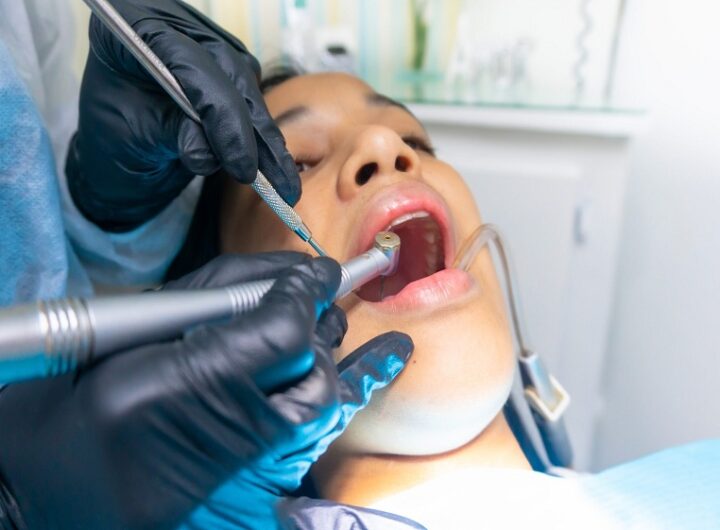 Transform Your Smile: The Importance Of Cosmetic Dentistry
Transform Your Smile: The Importance Of Cosmetic Dentistry  From Lab to Lifestyle: How the Science of Quality Assurance in Manufacturing Reliable Supplements Protects Consumers and Businesses
From Lab to Lifestyle: How the Science of Quality Assurance in Manufacturing Reliable Supplements Protects Consumers and Businesses  Top Myths About Pediatric Home Health Care Debunked
Top Myths About Pediatric Home Health Care Debunked  Immunity IV Drips – Your Frontline Defense Against Modern-Day Fatigue, Illness, and Burnout
Immunity IV Drips – Your Frontline Defense Against Modern-Day Fatigue, Illness, and Burnout